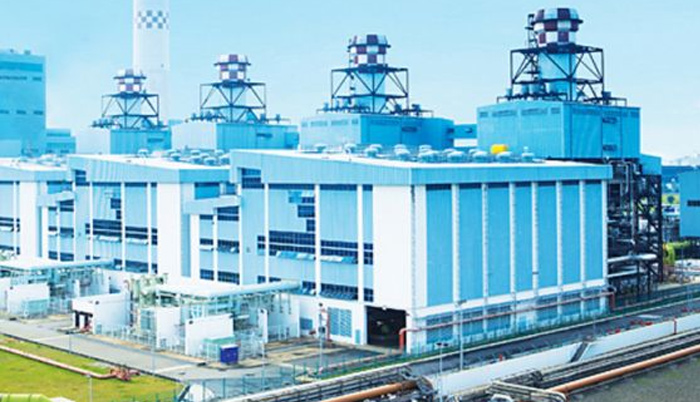![]() Home > Singapore
Home > Singapore
Carbon Tax Could Hit Companies Hard

Tuas Power Station, with its five combined-cycle plants and one 600MW steam plant, contributes about 20 per cent of Singapore’s total power supply. |PHOTO: Tuas Power
![]() February 21st, 2017 | 08:56 AM |
February 21st, 2017 | 08:56 AM | ![]() 2436 views
2436 views
SINGAPORE
A carbon tax will put a dent in companies’ bottom lines, but experts say such a measure to reduce the carbon footprint is preferable to other forms of carbon pricing, as there would be minimal price fluctuations for businesses and a smaller chance of these costs being passed on to consumers.
Nonetheless, the possibility that costs will be passed on to households and businesses remains, while one of the largest power-generating companies here was quick to point out that companies would not be able to absorb the cost of the carbon tax.
Hours after the decision to put a price tag on greenhouse gas emissions was announced by Finance Minister Heng Swee Keat in his Budget speech, Tuas Power told TODAY that it has been running its power plants using the most energy-efficient technology currently available.
“Most of the generating companies have invested in the highly efficient Combined Cycle Plants to replace the less efficient oil-fired steam plants, and have thus reduced carbon footprint by half,” said its president and chief executive officer Lim Kong Puay.
The companies are already suffering losses due to overcapacity in the market, and cannot absorb the “significant increase” in cost from the tax, which he estimates to be about S$60 million to S$80 million annually.
Carbon pricing can come in the form of a carbon tax — where the government sets the price for each unit of greenhouse gas emissions — or a cap-and-trade model. For the latter, the government sets a cap on the total greenhouse gas emissions allowed by issuing an equivalent number of permits. The prices of these permits are determined by the market.
Director of environmental sustainability consultancy Green Future Solutions Eugene Tay said that a carbon tax is a “more straightforward” method that ensures price certainty, which will favour the businesses. “Businesses will know that there is this price, so they can adjust their business policies accordingly,” he said.
In turn, tax revenue can be used to subsidise the affected firms, which reduces the chances of this cost being passed on to other companies and consumers, said Mr Tay. But he also noted that this form of pricing carbon does not ensure that the reduction in greenhouse gas emissions targets will be met if companies think that the carbon tax is cheap, and choose to pay instead of reducing emissions.
Professor Euston Quah, Nanyang Technological University’s economics department head, said that a carbon tax can lead to more energy efficient solutions within Singapore’s context.
He added that Singapore’s overall competitiveness should not be affected given the “small carbon tax” and also since other jurisdictions are also applying a form of carbon pricing for theirs.
Chairman of the Singapore Environment Council Isabella Loh said a clear carbon tax regime will lead to a surge in investments in renewable technologies in Singapore. “A carbon tax could act effectively as a catalyst for innovations in the development of clean energy sources, as well as in other industry sectors like transport and building. We urge the Government to consider channelling the revenue raised by the carbon tax into promoting this innovation,” she added.
Affected firms acknowledged the need to promote greater energy efficiency. Mr Lee Soon Kiat, executive committee member of the Singapore Semiconductor Industry Association, said semiconductor firms will have to invest in new technologies to reduce emissions, which increases their immediate operating costs. Power stations may also pass the cost on to these firms in the form of higher electricity bills, he added.
Shell said the company has “long supported a strong and stable government-led carbon price because it is essential to tackle climate change”, while ExxonMobil added that the carbon tax is a “sensible approach to emissions reduction”.
Source:
courtesy of TODAY
by Siau Ming En
If you have any stories or news that you would like to share with the global online community, please feel free to share it with us by contacting us directly at [email protected]